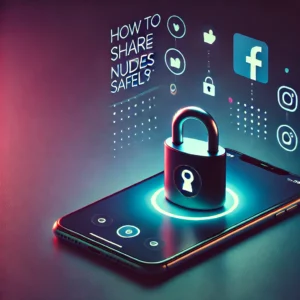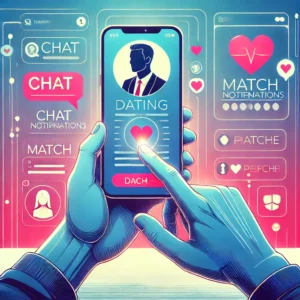
In the age of smartphones and instant messaging, relationships have evolved beyond physical boundaries. As we increasingly live out our lives online, the concept of fidelity has expanded to include digital interactions. Enter the world of “micro-cheating.” This term, gaining traction in recent years, addresses the blurred lines and gray areas of online relationship behaviors. But what exactly is micro-cheating, and how can one navigate these uncharted waters?
What is Micro-Cheating? Micro-cheating encompasses behaviors in a relationship that aren’t overtly unfaithful but could be seen as emotionally or digitally inappropriate. These actions may strain a relationship over time if they erode trust or violate boundaries.
10 Signs of Micro-Cheating:
- Secret Communications: Keeping chats or messages hidden from a partner, especially if flirtatious.
- Contact Name Disguise: Saving a contact under a false name to hide their identity.
- Excessive Social Media Interactions: Continuously engaging with a specific person on platforms like Instagram or Facebook in potentially inappropriate ways.
- Emotional Dependency: Sharing intimate details with someone outside the relationship.
- Revisiting Past Flames: Constantly reminiscing about past relationships or keeping mementos.
- Seeking External Validation: Actively seeking attention from others beyond casual interactions.
- Concealing Online Activities: Being overly private about digital interactions or browser histories.
- Intense Fantasies About Others: Continually daydreaming about another individual.
- Using Apps Discreetly: Having dating apps on the phone, even if “just for fun” or “out of curiosity.”
- Downplaying Your Relationship: Not acknowledging or under-representing your current relationship to others online.
The Impact on Relationships: A 2019 study by the American Psychological Association indicated that digital infidelity, which encompasses actions similar to micro-cheating, can be just as hurtful as physical infidelity. Another survey from the journal Computers in Human Behavior found that emotional affairs online led to decreased relationship satisfaction in almost 70% of cases.
Setting Boundaries in the Digital Age: Communication remains paramount. Discuss digital boundaries with your partner:
- Define what actions both of you consider to be micro-cheating.
- Share your social media habits and ensure transparency.
- Understand each other’s needs for digital privacy.
- Engage in regular digital detoxes to focus on face-to-face interactions.
Micro-cheating reminds us that trust, boundaries, and respect are as vital online as they are offline. As we continue to define relationships in the digital age, understanding and navigating these gray areas will be crucial for long-lasting partnerships.




